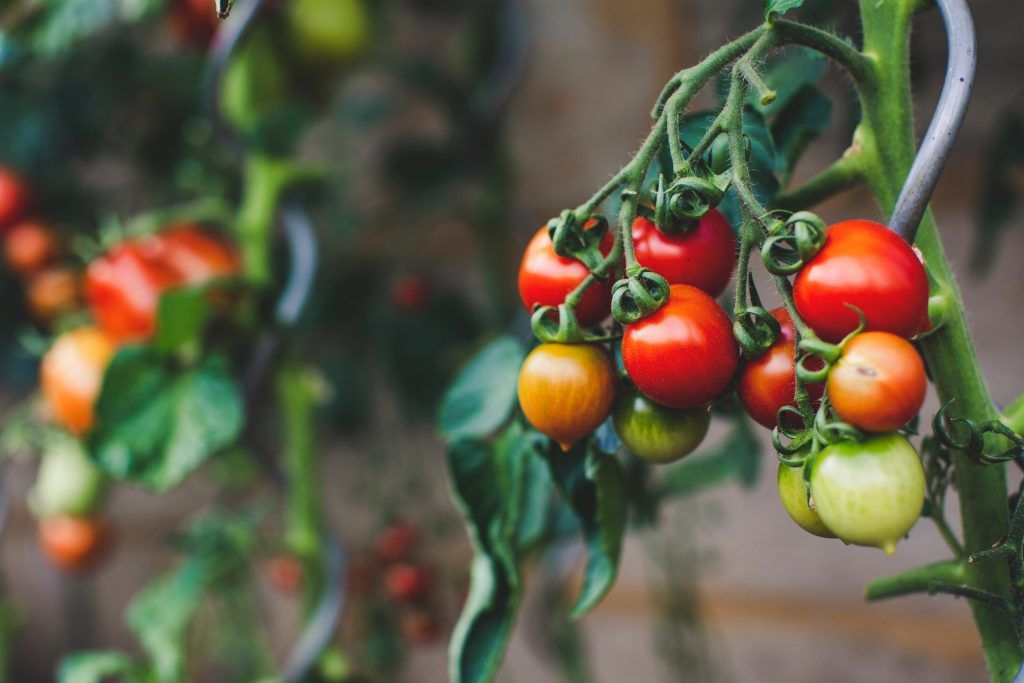Expected Outcome
In line with the farm to fork strategy, the successful proposal will support integrated pest management practices facilitating the progress towards the ambitious target of reduced use of plant protection products while supporting the agricultural / forestry sectors to remain productive and contribute to sustainable and biodiversity friendly agriculture and/or forest health.
Project results are expected to contribute to all of the following expected outcomes:
- Identify opportunities and barriers to increase the uptake of integrated pest management and low-pesticide-input pest management across the diversity of EU and Associated Countries farming systems;
- Increase the capacity to understand the impact of current pesticide use practices and proposed alternatives on the agricultural sector;
- Develop a thorough understanding of farmers’ decision-making, governance aspects and consumption patterns behind integrated pest management and low pesticide use practices;
- Support the design of relevant related policies to achieve the targets of the farm to fork and biodiversity strategies;
- Strengthened transdisciplinary research and integrated scientific support for relevant EU policies and priorities (Sustainable Use Directive[1], common agricultural policy (CAP), Green Deal objectives, European pillar of social rights, etc.).
Scope
Research has shown that well-designed integrated pest management programmes can control pests in an ecologically friendly manner; however, farming today relies on chemical treatments to ensure farm profits and yield. A better understanding of the social, economic and policy factors that can hinder or promote the uptake as well as evidence of the economic performance of integrated pest management/ low pesticide practices are needed to identify measures that can enhance its adoption and encourage the involvement of all relevant actors across the value chain. Project funded under this topic should ensure synergies and collaboration with other relevant ongoing Horizon 2020 projects.
Proposals should
- Improve understanding of the reasons for the limited uptake of reduced pesticide use/integrated pest management practices and/or shift towards low-risk pesticides and bio-control agents and practices. This should include a deeper analysis of the evolution since the whole agricultural sector may be impacted by a reduction of pesticide use.
- Improve understanding of the impact (including direct and indirect effects) of current pesticide use practices and proposed alternatives at various scales, from fields to landscape and rural areas.
- Analyse the sociological and economic drivers and unintended consequences, such as the switching of crops and/or pesticides when a plant protection product becomes unavailable.
- Analyse the consequences of the ongoing development of resistances to the use of pesticides (both in qualitative and quantitative terms), on productivity, on the economic performance of farms, on natural habitats and biodiversity and the environment.
- Analyse the competitiveness of goods produced using chemical pesticide-free/low-pesticide agriculture.
Proposals should cover a wide range of farm typologies, sectors and systems representative of the diversity of farming in the EU and Associated Countries, including both conventional and organic. Proposals must implement the “multi-actor approach” including a range of actors to ensure that knowledge and needs from various sectors such as research, social partners, plant health services and farmers/foresters are brought together.
The possible participation of the JRC in the project will consist of the use of a farm-level modelling tool to contribute to the assessment of the socio-economic impacts of alternative pesticide use practices, as well as to the evaluation of different policy scenarios to incentivise the uptake of alternative pesticide strategies. Additionally, the JRC could contribute to the analysis of possible survey data dealing with socio-economic impacts of current and alternative pesticide use practices.
Deadline
15 February 2022







Leave a Reply